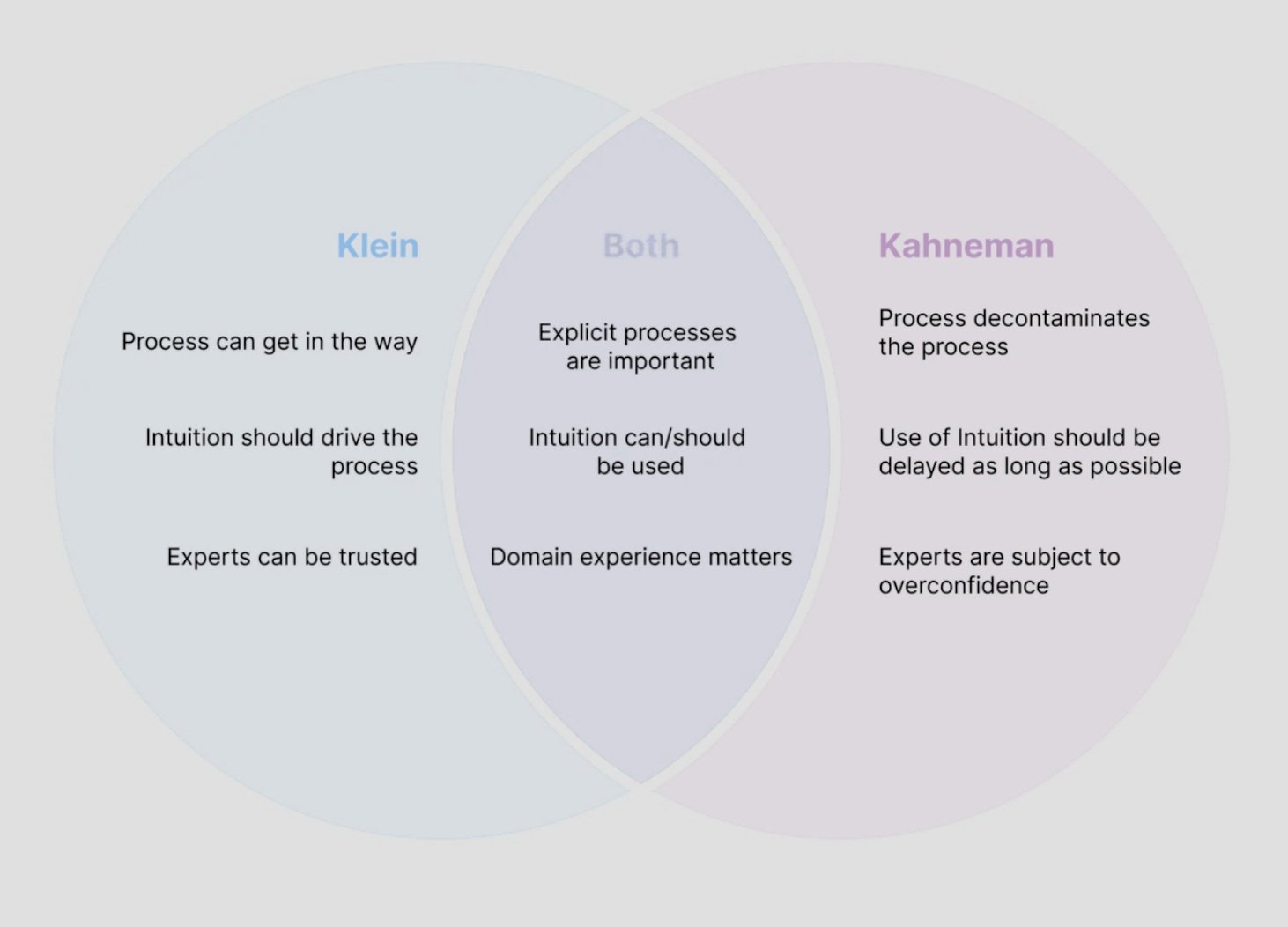Artificial Intelligence vs Human Decision Making
Can machines ever reach the level of human-like decision-making capabilities, or is this an unattainable feat?
Today, aside from rules engines, AI isn’t making many strategic decisions, but what’s the difference between humans and machines when it comes to reasoning and decision making? How long will it be before machines have the same capabilities — or is it even possible to replicate?
According to Hans Moravec and his Moravec Paradox, he postulated that robots could potentially surpass human intelligence by 2040, leading them to reign as the dominant species. While this outlook may appear disheartening, there exists a more optimistic perspective. Human intelligence, with its association with consciousness, emotions, and the complexities of our brains, remains truly unique.
As we presently retain authority in decision-making processes, let us delve into the factors that distinguish human decision-making from that of machines.
The Intricacies of Biases
Our exploration of cognitive biases and their impact on the decision-making process, particularly in group settings, has been ongoing. It is important to note that biases are ingrained within us, and attempts to evaluate their negative and irrational effects might not adequately account for real-world complexities. Strategic decisions often occur amidst extreme uncertainty and fierce competition, where numerous uncontrollable factors, known and unknown, come into play.
The Significance of Emotion, Trust, Competition, and Perception
In the realm of decision-making, we find that emotions, trust, competition, and perception hold substantial importance. Despite the apparent irrationality, these factors significantly influence our decision-making abilities, especially in high-speed, low-information scenarios. The ability to model our environment with minimal information and utilize investigative, abductive reasoning appears to be deeply ingrained in human cognition.
The Confluence of Perspectives
Experts like Gary Klein, Gerd Gigerenzer, and Phil Rosenzweig argue that these human traits are fundamental to our proficiency in making complex, high-stakes decisions under uncertain conditions. Although there is an overlap of views between different experts, debates exist on the importance of explicit decision-making processes, the utilization of intuition, and the role of biases in experts that require correction.
There’s a strong overlap where both camps agree. In a 2010 interview, Kahneman and Klein debated the two points of view:
Both agree that explicit decision making processes are important, particularly when evaluating information.
Both believe intuition can and should be used, though Kahneman stresses it should be delayed as long as possible.
Both agree that domain expertise matters, but Kahneman argues biases are particularly strong in experts and must be corrected.
The Brain’s Efficiency
Our brains are inherently energy-efficient organs, consuming approximately 20% of the energy our bodies produce daily. To conserve energy, the brain employs various structures for decision-making, such as the “system 1” thinking, which relies on cognitive shortcuts or heuristics for energy-efficient decision-making. In contrast, more cognitively demanding decisions trigger “system 2” thinking, involving conscious and deliberate processing.
Challenging the Notion of Biases and Heuristics
Critics of the biases and heuristics model, like Kahneman and Amos Tversky, contend that the controlled, lab-like environments in which their studies were conducted might not accurately
reflect the complexities of real-life decision-making. Ecological-Rationality and Naturalistic Decision Making (NDM) proponents argue that humans possess a recognition-primed decision-making ability, wherein the recognition of patterns from past experiences aids in swift and effective decision-making in uncertain situations.
The Uniqueness of Human Cognition
As AI systems grow in intelligence, it allows us to better comprehend the distinctions of human cognition. The desire to seek meaning, understand the “why” behind actions, exhibit conviction, inspire, and collaborate in groups appears to be inherently human traits. Human intelligence is not solely confined to individual brains but rather extends into our civilization, creating a self-improving cognitive system.
“Human intelligence is largely externalized, contained not in your brain but in your civilization. Think of individuals as tools, whose brains are modules in a cognitive system much larger than themselves — a system that is self-improving and has been for a long time.” — Erik J. Larson, The Myth of Artificial Intelligence: Why Computers Can’t Think the Way We Do
While our understanding of decision-making processes has advanced significantly in recent decades, it is through the limitations of artificial intelligence that we may gain deeper insights into the remarkable power of human cognition. As we ponder the future of business and AI, it is evident that human decision-making remains an invaluable aspect of our civilization, one that transcends mere algorithmic capabilities. As we embrace the possibilities of AI, we must remember that the essence of human cognition is distinct and irreplaceable.
Discover the power of growth and business development with Chapter3.
Visit our Instagram, Twitter, and TikTok for more business tips and daily motivation!


